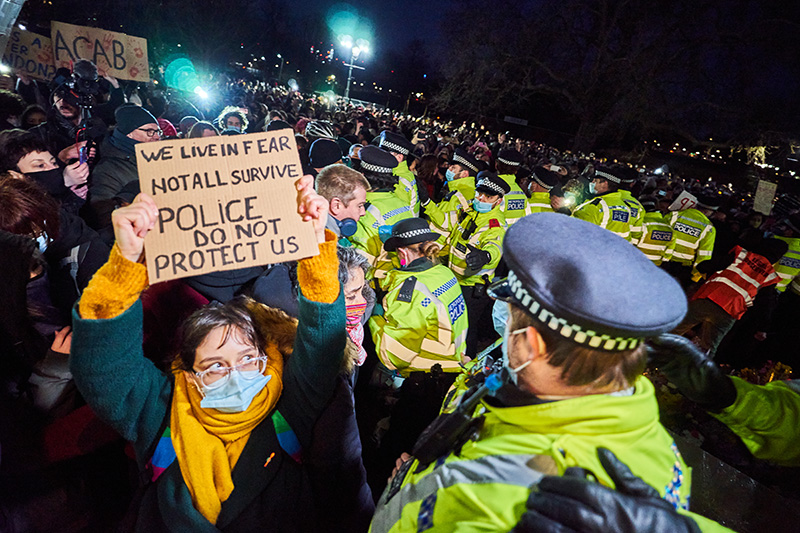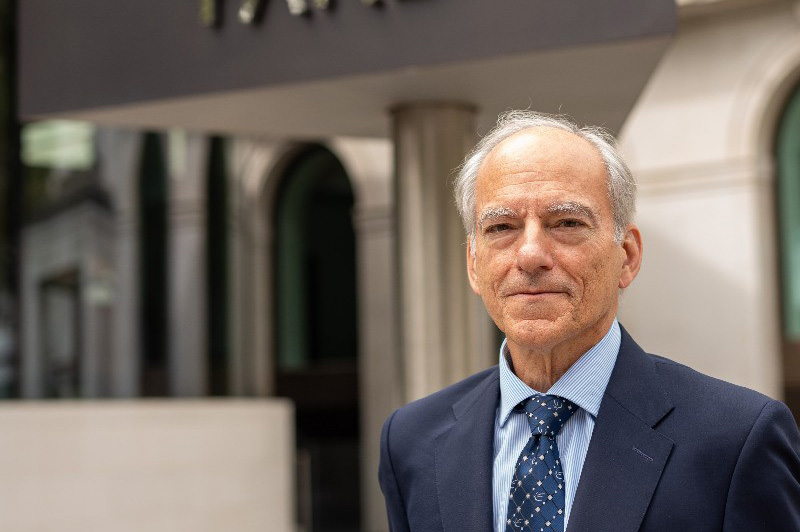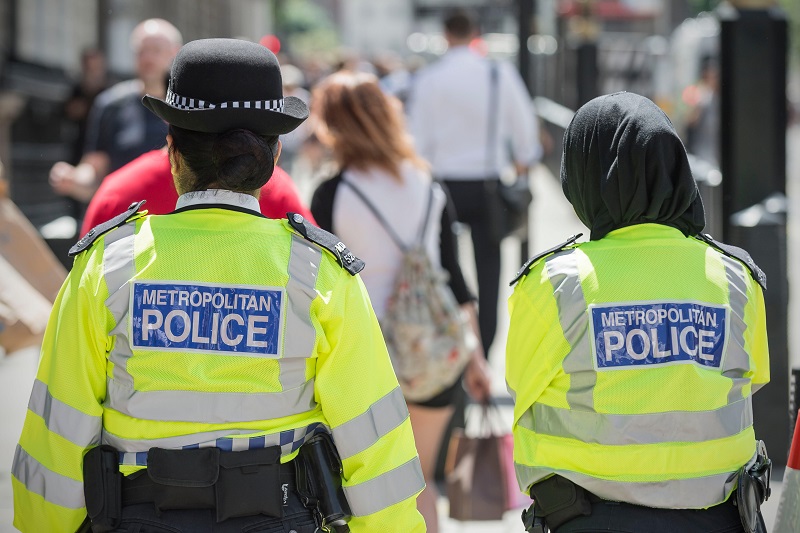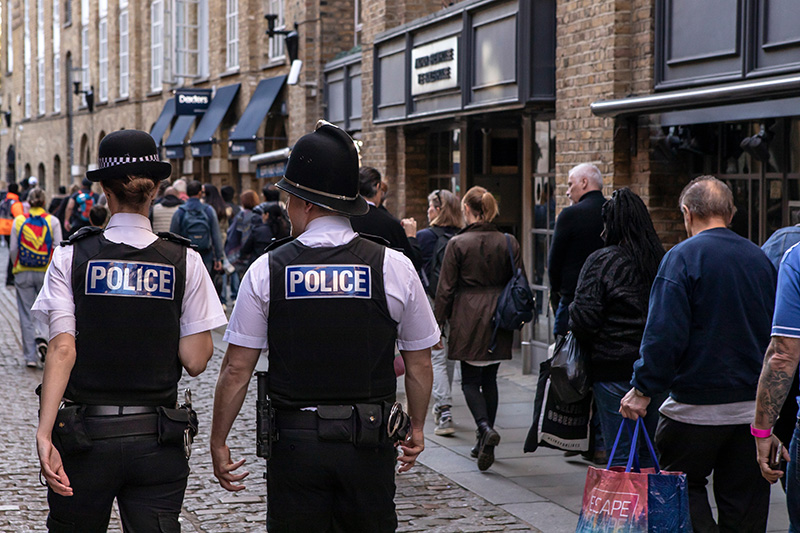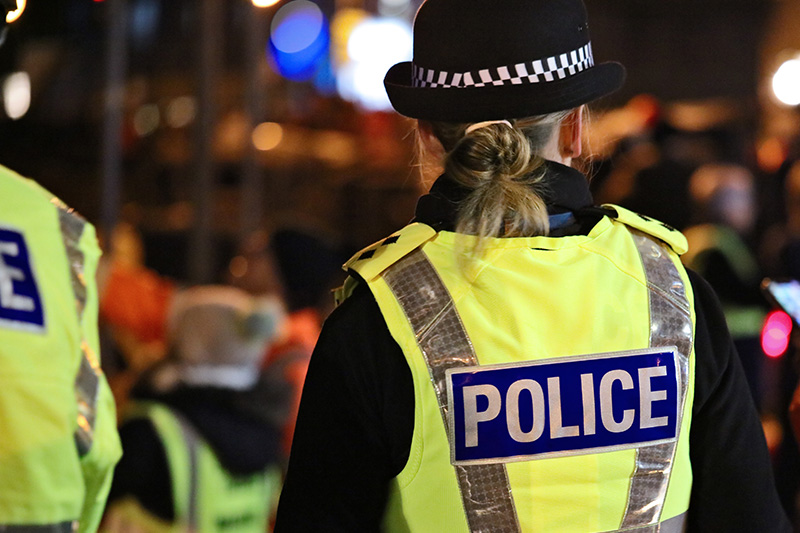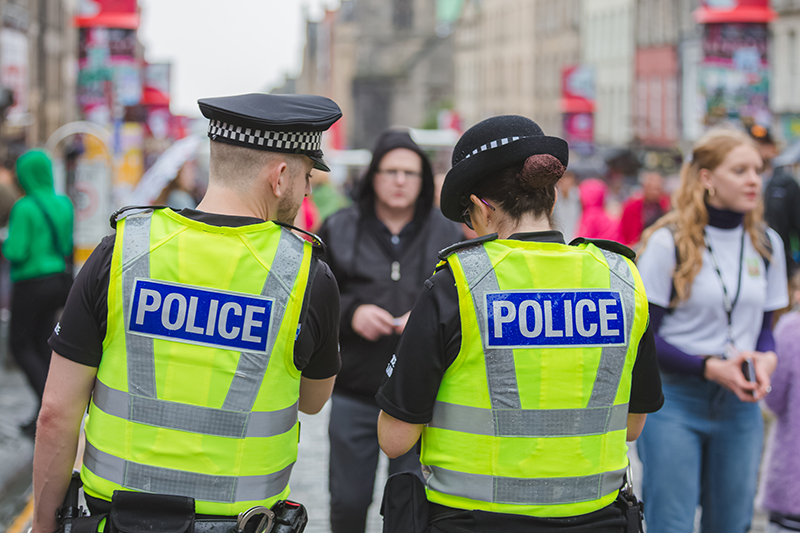What is institutional misogyny in policing? Our research shows what it looks like – and why it matters
ANALYSIS: Recent reviews of the Metropolitan Police and the London Fire Brigade have described both organisations as ‘institutionally misogynist’; Professor Catherine Durose of the University of Liverpool, and University of Birmingham Professor Emerita Vivien Lowndes, explain how new research on proposals for forces to classify misogyny as a hate crime has highlighted that officers struggle to identify or empathise with female victims of crime, and with the emotional complexities of misogynistic offending.

